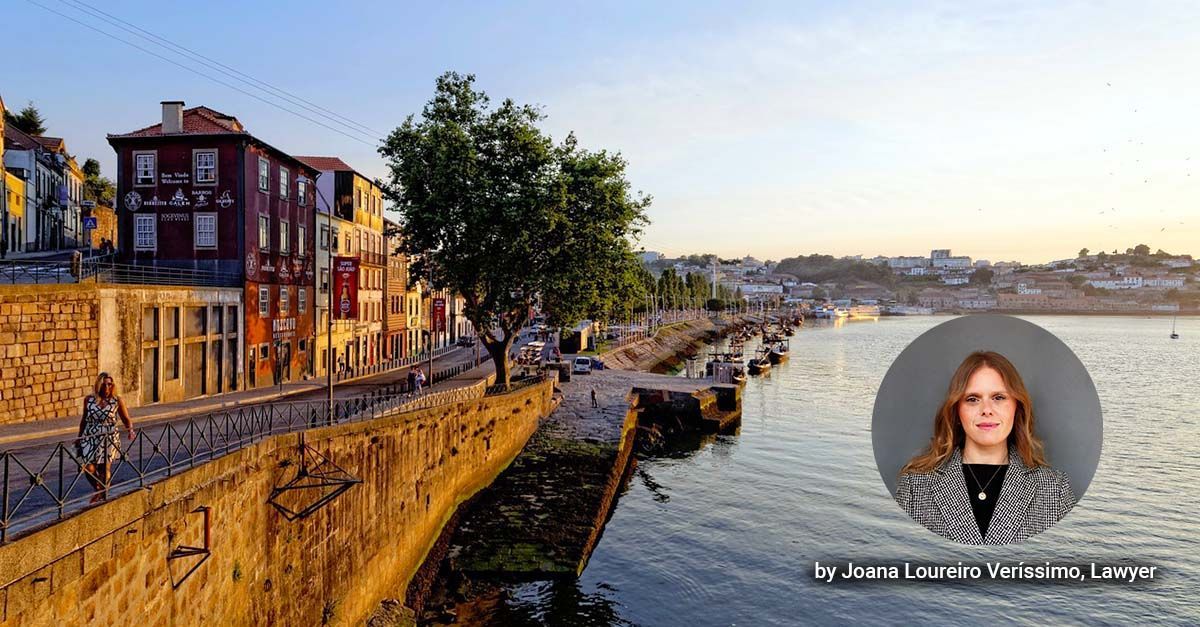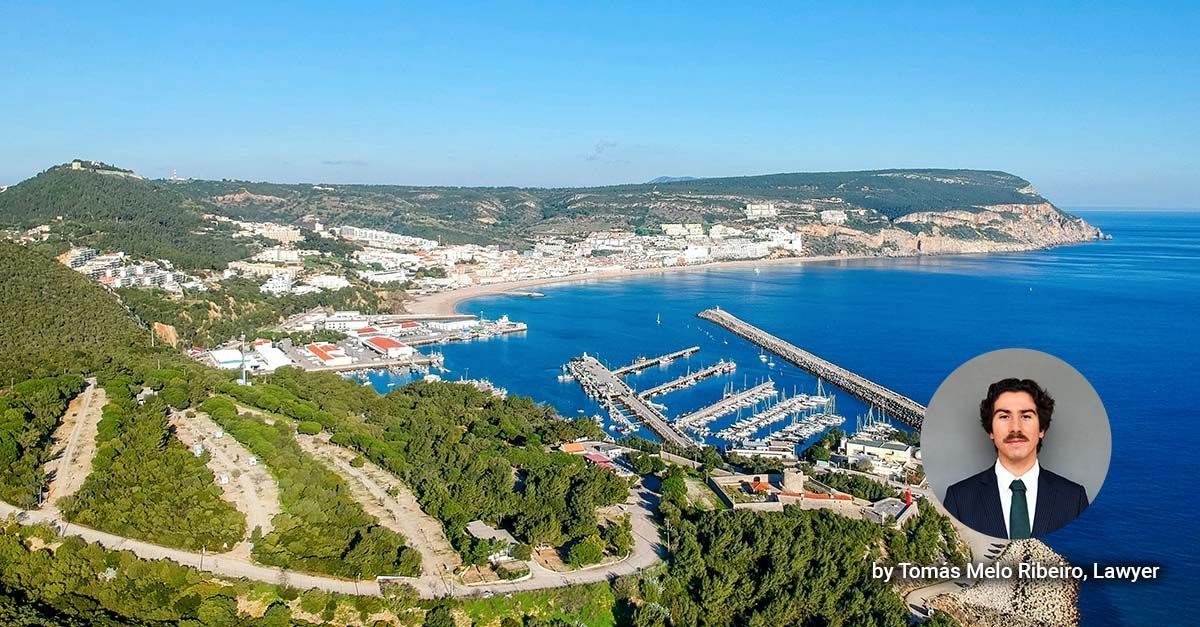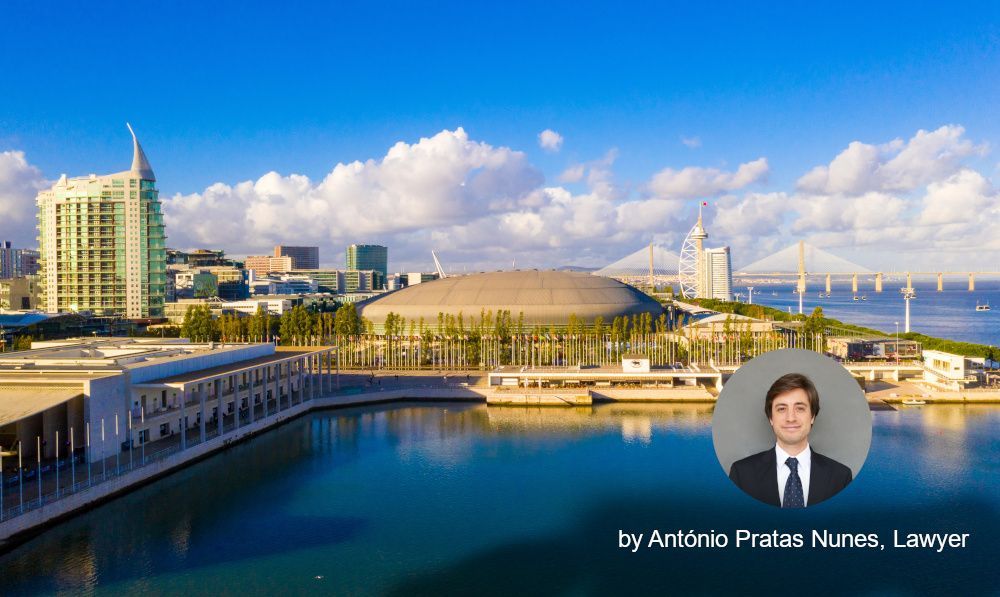Navigating Portugal's Speed Limit Regulations

José Manuel Pereira da Costa | Lawyer
When driving in Portugal, it is important to be aware of the regulations, namely the speed limits for automobiles and motorcycles.
In Portugal, speed limits vary according to the type of vehicle and also according to the place of circulation, namely whether driving within a municipality (e.g., towns, villages) or outside municipalities (e.g., freeways and highways).
In general, the speed limits for passenger cars and motorcycles with capacity exceeding 50 cm3 are as follows:
- Within a municipality: 50 km/h (31 mph)
- Freeways: 100 km/h (62 mph)
- Highways: 120 km/h (74 mph)
- Others: 90 km/h (55 mph)
Note: Special speed limits may result from signage existing on site.
The fines for speed driving are the following:
- Within a municipality:
- Up to 20 km/ (12 mph): From €60,00 to €300,00
- More than 20 km/h and up to 40 km/h (24 mph): From €120,00 to €600,00
- More than 40 km/h and up to 60 km/h (37 mph): From €300,00 to €1500,00
- More than 60 km/h: From €500,00 to €2500,00
- Outside municipalities:
- Up to 30 km/h (18 mph): From €60,00 to €300,00
- More than 30 km/h and up to 60 km/h (37 mph): From €120,00 to €600,00
- More than 60 km/h and up to 80 km/h (49 mph): From €300,00 to €1500,00
- More than 80 km/h: From €500,00 to €2500,00
Speed driving is also considered an offense, the severity and sanction of which varies according to the excess of speed incurred by the driver, as follows:
- Within a municipality:
- Driving above the legal speed limit but not exceeding by 20km/h the legally imposed limits: Light offense
- Driving exceeding 20 km/h above the legally imposed limits: Serious offense
- Driving exceeding 40 km/h above the legally imposed limits: Very serious offense
- Outside municipalities:
- Driving above the legal speed limit but not exceeding by 30km/h the legally imposed limits: Light offense
- Driving exceeding 30 km/h above the legally imposed limits: Serious offense
- Driving exceeding 60 km/h above the legally imposed limits: Very serious offense
Therefore, in addition to the payment of a fine, drivers committing serious or very serious offenses will be subject to a driving ban as follows:
- Serious offense: Driving ban for a minimum of one month and a maximum of one year
- Very serious offense: Driving ban for a minimum of two months and a maximum of two years
The driving ban may be suspended within certain conditions if the fine is paid.
Note: A repeat offender is a driver who has been convicted of a serious or very serious offense within the past five years. In these cases, the minimum duration of the driving ban is raised to the double.
Speed driving also determines the deduction of points from the driving license, in the following terms:
- Serious offenses: 2 (two) points
- Very serious offenses: 4 (four) points
Note: Each driving license has 12 (twelve) points in the beginning and if a driver loses all of the points, the driving license is terminated and the driver cannot have another driving license for a period of 2 (two) years.
How to deal with a speeding ticket
You can receive speeding tickets directly from the police authority to the driver (namely in a road inspection) or notified by mail to the address registered in the vehicle registry certificate (by letter sent to the respective postal box).
The notification should state what was the nature of the offense (light, serious or very serious), the infringed speed limit, if the infraction took place within or outside a municipality, the fine’s amount and the existence (or not) of a driving ban and respective duration, and also if the driving ban will be suspended (if the fine is paid).
You will be required to pay the fine for the minimum amount corresponding to the offense that was committed.
Regardless, even if the offender pays the fine, it is still possible to appeal from the speeding ticket to the administrative authority within 15 working days.
This term starts with the receipt of the notification (either in person or through mail).
In this appeal, the offender should present or request the means of evidence that support the claim.
Within 15 working days, one must pay the minimum fine, submit a request for the suspension of the driving ban, provide evidence for their request and, additionally, request for the fine to be paid in instalments.
Note: If the notified offender was not the one who was, in fact, speed driving (but another person), the offender can also identify the real driver within those 15 working days.
After presenting the appeal with the administrative authority, the final decision will follow.
If the administrative final decision is not in favour of the offender, it is possible to submit an appeal to a court within 15 working days. Please note that when appealing to the court, you need to pay the initial court fees.
On a final note, it is worth mentioning that not responding to speeding tickets can have major consequences and, ultimately, lead to the termination of the driver’s license.
Therefore, whenever one receives a speeding ticket, it is advisable to seek proper specialized guidance to avoid any irremediable situation, as you cannot file an appeal past the established deadlines.
If you have further questions regarding this matter,
get in touch with us
and we will be delighted to assist you.











